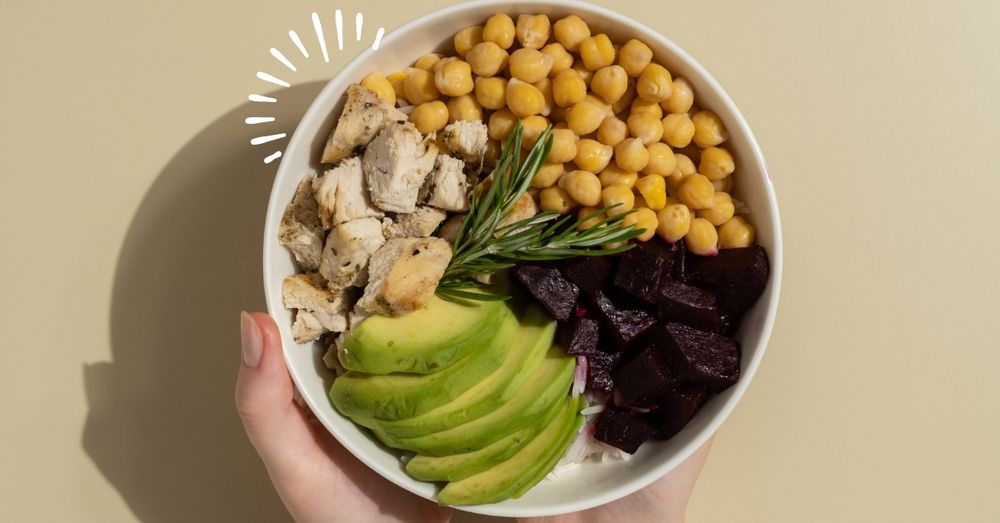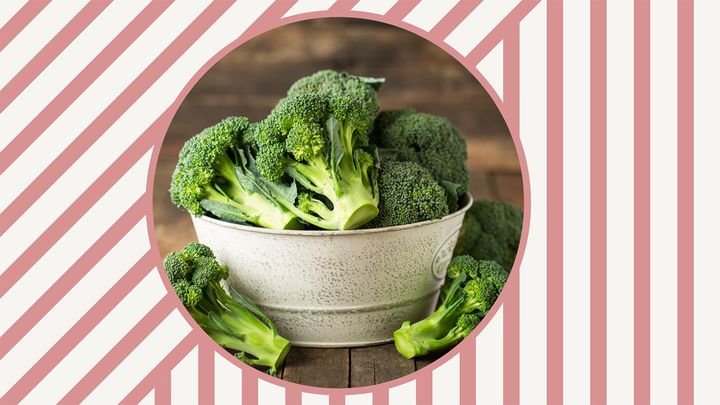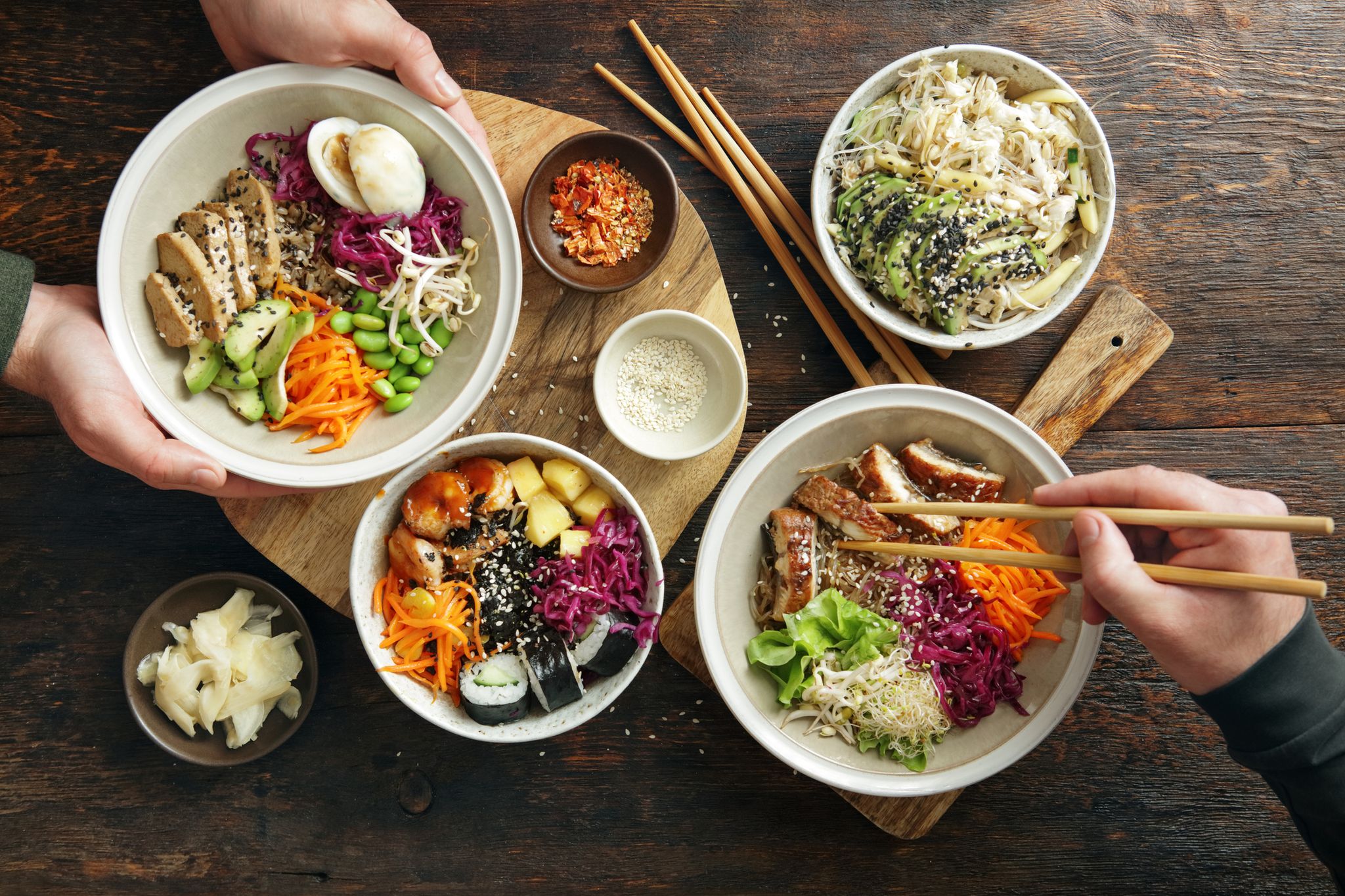Are you looking to increase your strength and build muscle? Building strength is not just about lifting heavy weights, it requires a holistic approach that includes proper exercise, rest, and most importantly, a well-balanced diet. In this article, we will discuss the importance of diet in building strength and provide you with a comprehensive guide on the best foods to include in your diet for optimal muscle growth and strength.
Introduction to Getting Stronger

Building strength is a multifaceted endeavor that requires dedication, consistency, and a well-balanced approach. While exercise plays a pivotal role in developing muscular strength, the fuel that powers your workouts and supports muscle growth is equally crucial: your diet. Many people focus solely on their workout routine and neglect the importance of nutrition when it comes to building strength. However, without proper nutrition, your body will not have the necessary resources to repair and grow muscles, leading to suboptimal results.
The Importance of Diet in Building Strength

A well-designed diet provides the essential nutrients and energy required for:
- Muscle growth: Protein is the building block of muscles, and consuming adequate protein supports muscle synthesis.
- Energy production: Carbohydrates provide the energy needed for intense workouts.
- Recovery: Proper nutrition helps repair damaged muscle tissue and promotes recovery after exercise.
- Hormonal balance: Certain foods stimulate the production of hormones, such as testosterone and growth hormone, which are essential for building strength.
Now that we understand the importance of diet in building strength, let’s dive into the top foods that should be included in your diet for optimal muscle growth and strength.
Top Foods for Building Muscle and Strength

Protein-rich Foods
Protein is the most important nutrient for building strength and muscle. It is made up of amino acids, which are the building blocks of muscles. When you exercise, you create tiny tears in your muscle fibers, and protein is needed to repair and rebuild these fibers, making them stronger and bigger. The recommended daily intake of protein for strength training individuals is 0.8-1 gram per pound of body weight. Here are some protein-rich foods that you should include in your diet:
1. Lean Meats
Lean meats such as chicken, turkey, and lean cuts of beef are excellent sources of high-quality protein. They also contain essential amino acids that are crucial for muscle growth and repair. For example, a 3-ounce serving of chicken breast contains about 26 grams of protein.
2. Fish
Fish is not only a great source of protein but also rich in omega-3 fatty acids, which have anti-inflammatory properties and can aid in muscle recovery. Salmon, tuna, and sardines are all excellent choices for building strength. A 3-ounce serving of salmon contains approximately 22 grams of protein.
3. Eggs
Eggs are a complete protein source, meaning they contain all nine essential amino acids. They are also rich in vitamins and minerals, including vitamin D, which is essential for bone health. One large egg contains about 6 grams of protein.
Carbohydrate-rich Foods
Carbohydrates are the primary source of energy for our bodies, and they play a crucial role in fueling intense workouts. When we exercise, our bodies use glycogen, which is stored glucose, as fuel. Therefore, it is essential to consume enough carbohydrates to replenish glycogen stores and provide the energy needed for optimal performance. The recommended daily intake of carbohydrates for strength training individuals is 2.3-5.5 grams per pound of body weight. Here are some carbohydrate-rich foods to include in your diet:
1. Whole Grains
Whole grains such as brown rice, quinoa, and oats are excellent sources of complex carbohydrates. They also contain fiber, which aids in digestion and helps keep you feeling full. A 1-cup serving of cooked brown rice contains approximately 45 grams of carbohydrates.
2. Fruits
Fruits are not only a great source of carbohydrates but also rich in vitamins, minerals, and antioxidants. They provide a quick source of energy and can be easily incorporated into pre or post-workout meals. Bananas, apples, and berries are all excellent choices for building strength. One medium-sized banana contains about 27 grams of carbohydrates.
3. Sweet Potatoes
Sweet potatoes are a nutrient-dense carbohydrate source that is rich in vitamins, minerals, and fiber. They are also a great source of beta-carotene, an antioxidant that has anti-inflammatory properties. One medium-sized sweet potato contains approximately 24 grams of carbohydrates.
Healthy Fats
Healthy fats are essential for hormone production, which plays a crucial role in building strength. They also help with the absorption of fat-soluble vitamins, such as vitamin D, which is essential for bone health. The recommended daily intake of healthy fats for strength training individuals is 0.4-0.6 grams per pound of body weight. Here are some healthy fat sources to include in your diet:
1. Avocados
Avocados are a nutrient-dense fruit that is rich in monounsaturated fats, which have been linked to improved heart health and reduced inflammation. They are also a good source of fiber, vitamins, and minerals. One medium-sized avocado contains approximately 21 grams of healthy fats.
2. Nuts and Seeds
Nuts and seeds are excellent sources of healthy fats, protein, and fiber. They also contain essential vitamins and minerals, including magnesium, which is important for muscle function and recovery. Almonds, walnuts, and chia seeds are all great options for building strength. A 1-ounce serving of almonds contains about 14 grams of healthy fats.
3. Olive Oil
Olive oil is a staple in the Mediterranean diet and is rich in monounsaturated fats, which have been linked to improved heart health and reduced inflammation. It is also a good source of vitamin E, an antioxidant that helps protect cells from damage. One tablespoon of olive oil contains approximately 14 grams of healthy fats.


